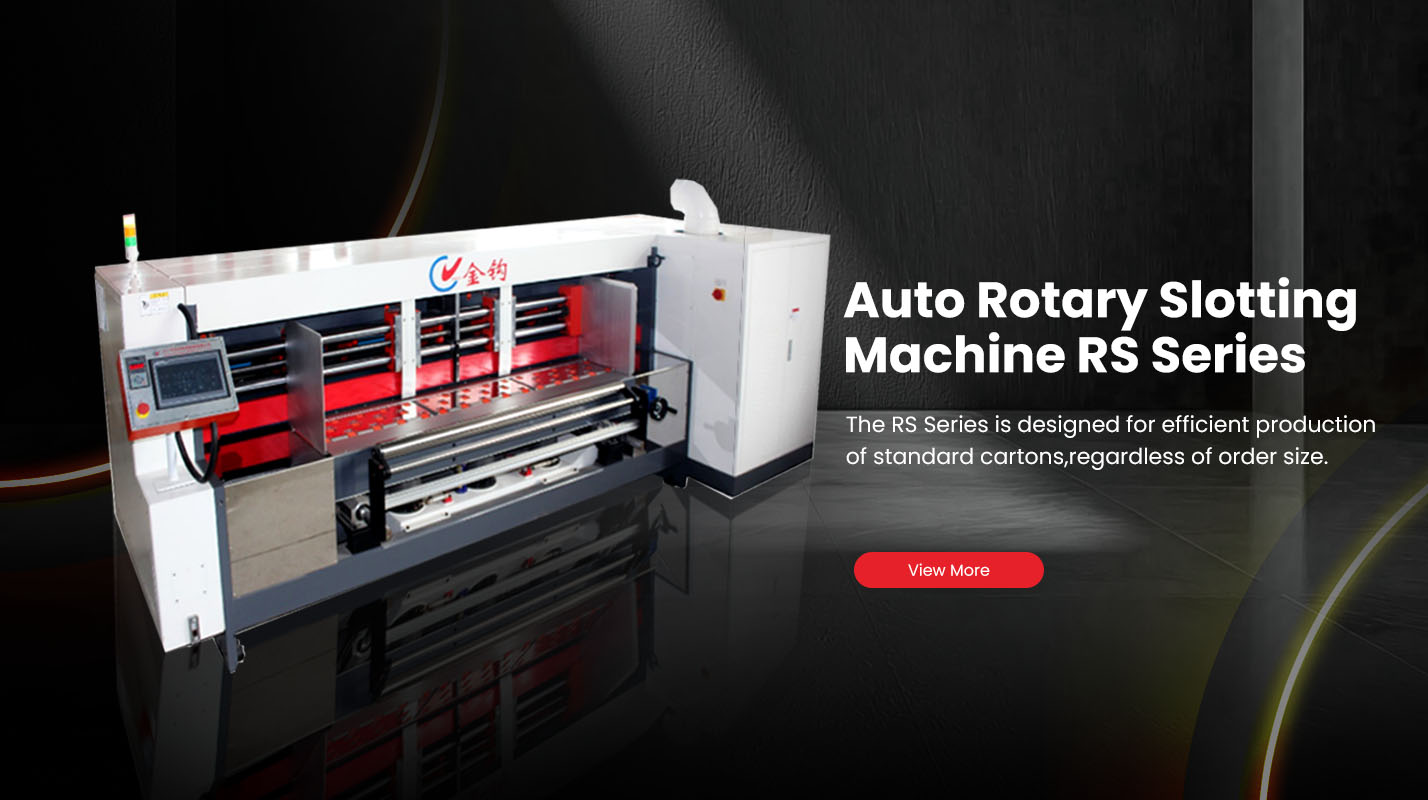The Importance Of CE Certification In Packaging Equipment Export
In the global packaging machinery market, CE certification is more than just a mark on a product — it is a symbol of compliance, reliability, and market access. For manufacturers and exporters of packaging equipment, meeting CE standards is not optional; it is essential to ensure smooth entry into the European Union (EU) and other international markets that recognize the CE mark.
What Is CE Certification?
CE stands for Conformité Européenne (European Conformity). It indicates that a product meets the EU’s health, safety, and environmental protection standards.
When a piece of packaging equipment bears the CE mark, it means:
The product complies with all relevant EU directives.
The manufacturer has conducted safety testing and risk assessment.
The equipment is safe for use and meets environmental requirements.
CE certification applies to a wide range of industrial machinery — including carton forming machines, slitter scorer machines, slotter die cutters, and automatic packaging lines.
Why CE Certification Matters for Packaging Equipment Export
1. Legal Market Access
Without CE certification, your equipment cannot be legally sold or distributed within the EU or other CE-recognizing regions.
It acts as a passport for international trade, allowing seamless export and customs clearance in Europe.
2. Customer Confidence and Trust
Overseas buyers — especially from Europe — prefer certified suppliers.
A CE mark instantly shows that your machinery complies with strict safety standards, building credibility and reducing buyer hesitation.
3. Safety and Reliability Assurance
CE certification ensures that all mechanical, electrical, and control systems meet EU Machine Safety Directive 2006/42/EC requirements.
This minimizes risks such as electric shock, pinch points, or mechanical failures during operation.
For example, JINGOUPACK’s carton box forming and slotter machines undergo comprehensive CE safety testing — covering emergency stop systems, grounding, guarding, and noise control — to guarantee operator safety and reliable performance.
4. Reduced Legal and Commercial Risk
Using or selling uncertified machinery exposes importers and distributors to legal penalties, product recalls, or insurance disputes.
CE certification protects both manufacturers and end users by providing a clear declaration of conformity.
5. Competitive Advantage in Global Trade
CE-compliant machinery gives exporters a clear edge in tenders, government projects, and partnerships.
It also demonstrates a commitment to international standards, helping manufacturers stand out in the competitive packaging equipment market.
What Equipment Needs CE Certification?
The following packaging machinery typically falls under CE regulations:
carton forming machines
slitter scorer and slotter machines
Flexo printing slotter die-cutters
Folder gluer lines
Corrugated sheet cutting machines
Automatic carton stacking and packing lines
All of these involve mechanical movement, electrical control, or automated processes, which makes CE compliance mandatory before export.
CE Certification Process for Packaging Equipment
While the exact process may vary by product, the general CE certification procedure includes:
Identify Applicable Directives – e.g. Machinery Directive 2006/42/EC, EMC Directive 2014/30/EU, Low Voltage Directive 2014/35/EU.
Conduct Risk Assessment – identify mechanical, electrical, or operational hazards.
Perform Compliance Testing – for safety, noise, and electromagnetic interference.
Prepare Technical Documentation – drawings, manuals, test results, and design calculations.
Issue Declaration of Conformity (DoC) – a formal statement by the manufacturer.
Affix the CE Mark – once all steps are verified, the CE logo can be legally displayed on the machine.
JINGOUPACK works closely with certified European testing agencies to ensure each packaging machine meets the latest CE directives, offering global buyers full assurance of compliance.
How CE Certification Benefits End Users
For end users such as packaging factories and printing houses, CE-certified machines provide:
Operator Safety: Proper guarding, emergency stops, and stable power systems.
Consistent Performance: Reduced breakdowns and precise control for high-speed production.
Ease of Inspection: Machines with CE documentation pass audits and insurance checks easily.
Peace of Mind: Assurance that the machine meets international operational standards.
CE Certification and Global Export Strategy
Even beyond Europe, many countries — including the UK, Middle East, Southeast Asia, and South America — recognize CE standards as proof of product safety.
Therefore, obtaining CE certification not only enables entry into the EU but also strengthens global export competitiveness.
With increasing emphasis on automation, worker safety, and sustainability, CE certification is becoming a universal benchmark for packaging equipment exports.
JINGOUPACK’s Commitment to Quality and Compliance
As an established manufacturer of carton forming machines, slitter scorers, and corrugated packaging lines, JINGOUPACK places compliance at the core of its production philosophy.
Every product leaving the factory undergoes strict electrical, mechanical, and safety testing in accordance with CE standards.
Certified for EU safety directives
Tested for noise, grounding, and circuit safety
Delivered with user manuals and CE Declaration of Conformity
Supported by professional overseas after-sales service
By upholding these standards, JINGOUPACK ensures that every machine performs efficiently, safely, and consistently in global packaging production lines.
Conclusion
CE certification is a critical requirement for exporting packaging equipment — ensuring legal compliance, operator safety, and customer trust.
For manufacturers aiming to expand globally, it is not just a mark of conformity but a statement of quality and integrity.
With years of expertise and fully CE-certified equipment, JINGOUPACK continues to provide high-performance, internationally compliant packaging machinery for the modern corrugated industry.





